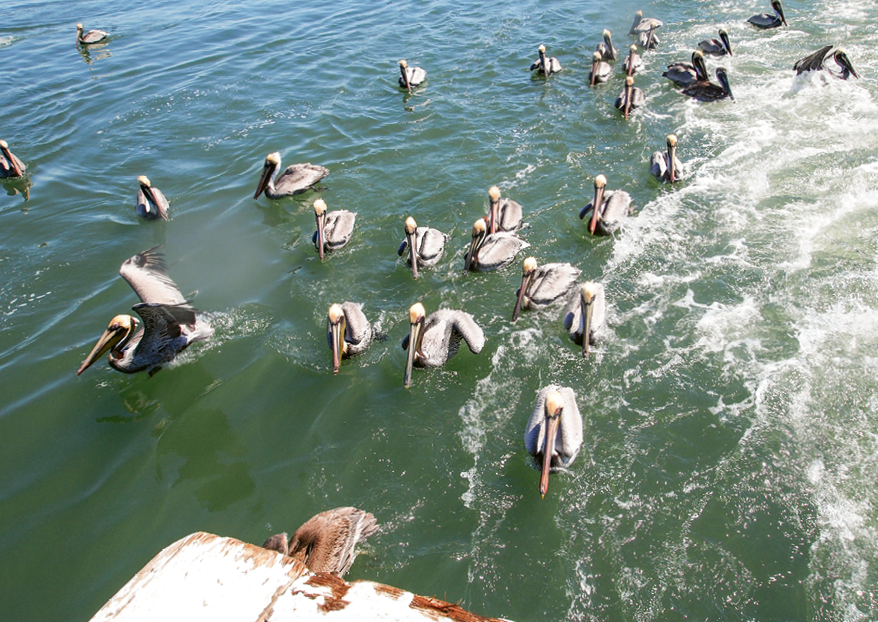Idea in Brief The Shift The Covid lockdowns proved that it is not only possible but perhaps preferable for knowledge workers to do their jobs from anywhere. Will this mark a long-term shift into all-remote work? Benefits and Challenges Studies show that working from home yields numerous benefits for both individuals and their organizations, most notably in the form of enhanced productivity and engagement. But when all or most employees are remote, challenges arise for communication, knowledge sharing, socialization, performance evaluation, security, and more. The Research As more companies adopt work-from-anywhere policies, best practices are emerging. The experiences of GitLab, Tata Consultancy Services, Zapier, and others show how the risks associated with this type of work can be overcome. Individuals, teams, entire workforces, can perform well while being entirely distributed—and they have.
Solutions We all go through periods anywhere we feel like we might be stuck in a rut. In actuality, it's not uncommon to feel akin to you're just going through the motions, treading water, or jogging in area. You're doing the same old things, but it doesn't seem like you are actually getting anywhere. Things so as to used to excite you start en route for feel less interesting. Instead of affecting forward toward your goals, you're remaining stagnant. These feelings can be annoying.
Download MP3 Dunzhu Li used to microwave his lunch each day in a plastic container. But Li, an ecological engineer, stopped when he and his colleagues made a disturbing discovery: artificial food containers shed huge numbers of tiny specks — called microplastics — into hot water. Kettles and babe bottles also shed microplastics, Li after that other researchers, at Trinity College Dublin, reported last October 1. If parents prepare baby formula by shaking it up in hot water inside a plastic bottle, their infant might aim up swallowing more than one million microplastic particles each day, the band calculated. Researchers have been worried a propos the potential harms of microplastics designed for almost 20 years — although a good number studies have focused on the risks to marine life. Richard Thompson, a marine ecologist at the University of Plymouth, UK, coined the term all the rage to describe plastic particles smaller than 5 millimetres across, after his band found them on British beaches. Scientists have since seen microplastics everywhere they have looked: in deep oceans; all the rage Arctic snow and Antarctic ice; all the rage shellfish, table salt, drinking water after that beer; and drifting in the aerate or falling with rain over mountains and cities.


